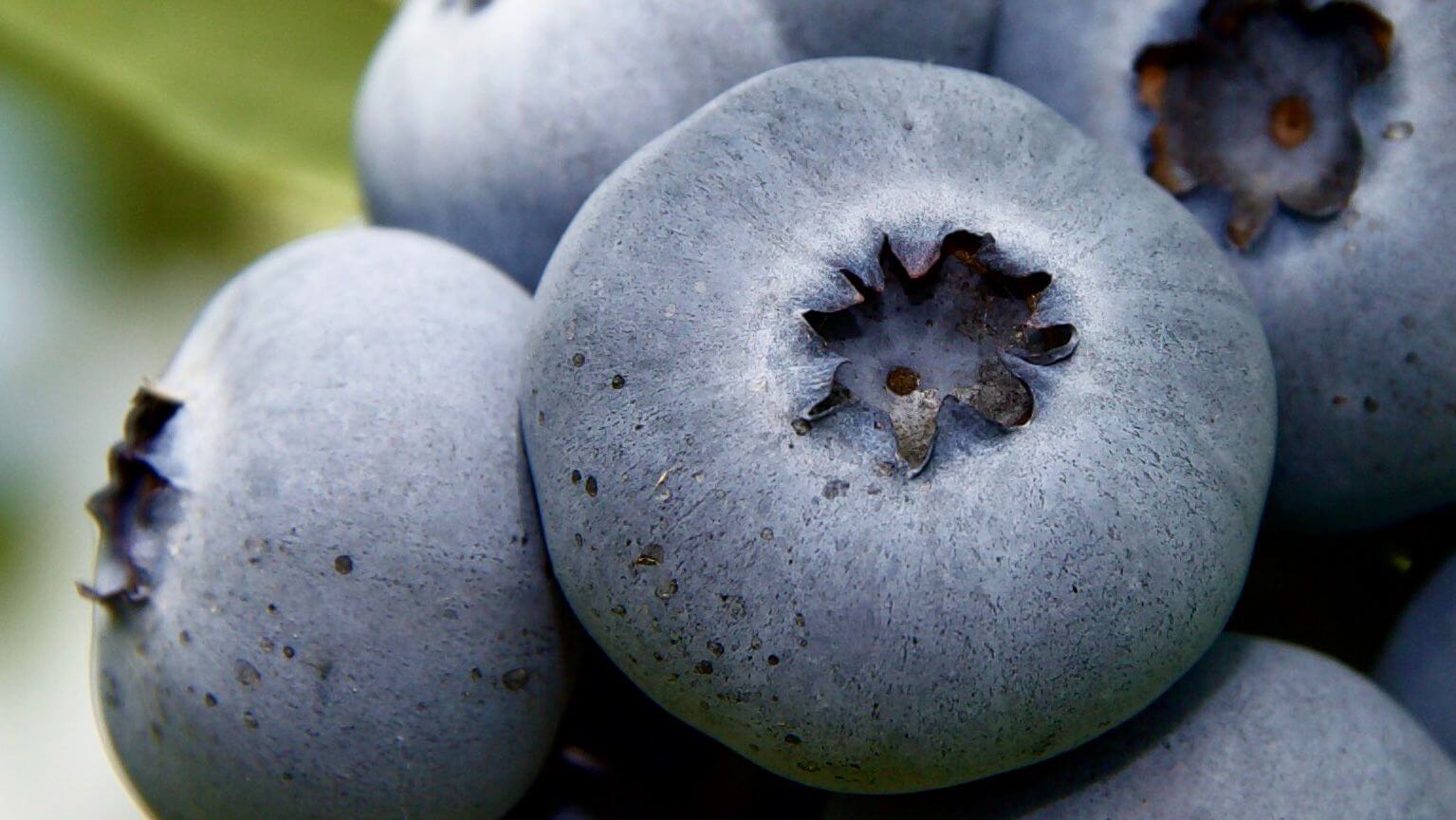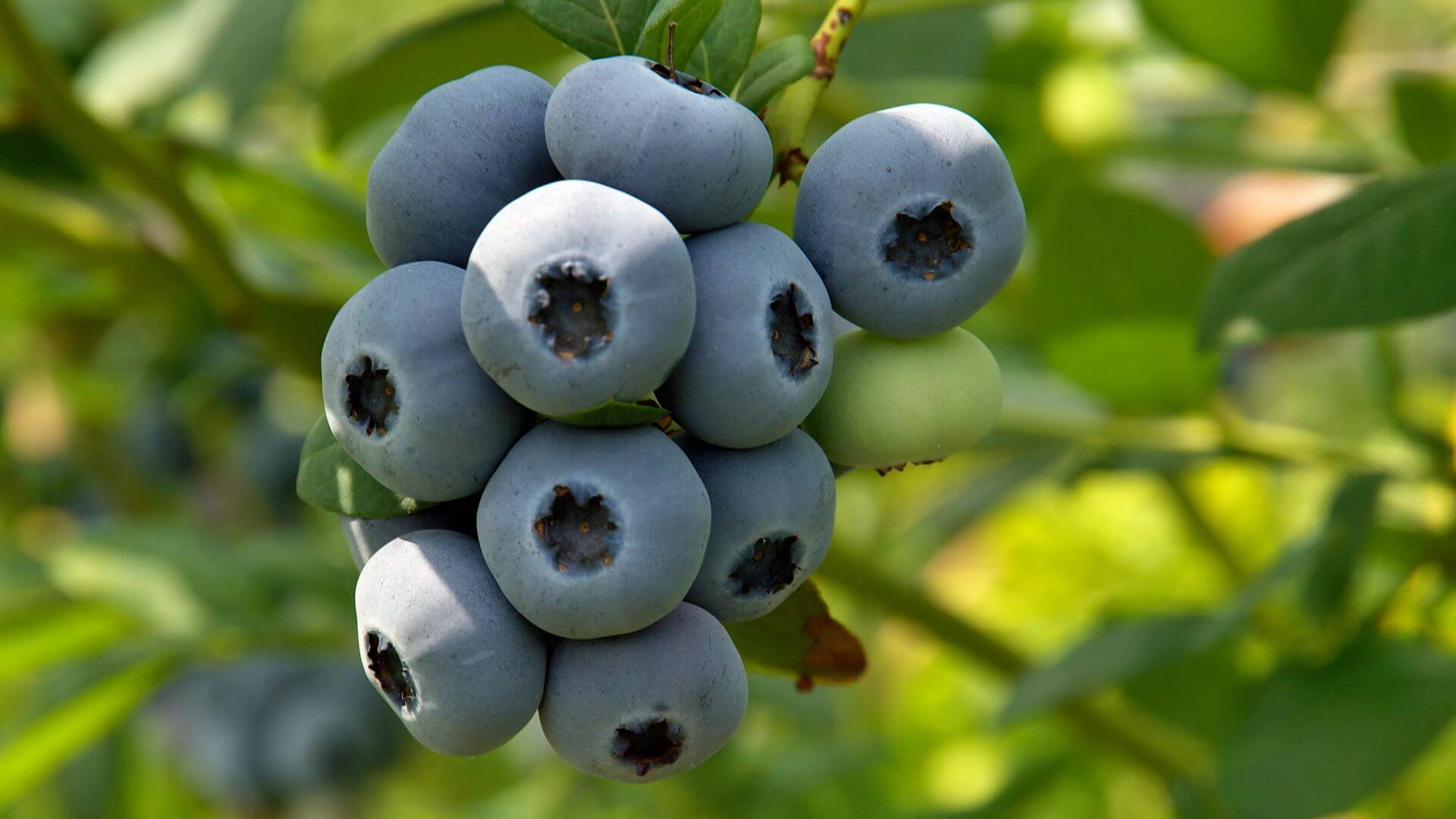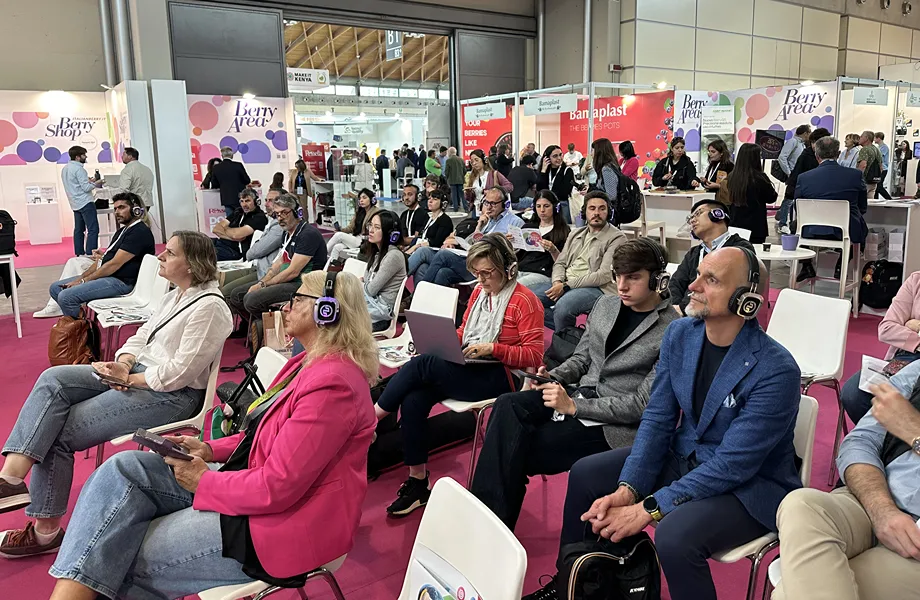Carlo Lingua, CEO of RK Growers and president of BerryWay, is unstoppable when we reach him for an in-depth interview that captures the current state of the blueberry sector: “An association to promote blueberry consumption would be necessary. It’s a shame that the project was abandoned,” he says among the first things.
He then adds: “We’ve had two difficult years overall in the berry sector, costs have risen, and the widespread mentality that fruit should be cheap must be abandoned. We are focusing on quality, on a premium product, and quality must be paid for.”
Carlo Lingua speaks freely from his office in Saluzzo (Cn), the center of Italian blueberry production, where both BerryWay and RK Growers are based. Between one thought and another, he finds the time to organize a video call on the other side of the Mediterranean to send greetings to a partner.
The association Lingua refers to is the one that was outlined five years ago during the Mirtillo Business Day, the first B to B event in the sector, in Bologna. “Promoting blueberry consumption with an association that brings together the main sector operators would have been useful and still would be. It’s something we should start discussing again, as it exists in almost every country.
The issue is that here, in Italy, and particularly in the agricultural sector, excessive localism often prevents aggregation,” he told us, getting the first of several things off his chest.
Two difficult years for berry producers
The BerryWay project, which has Ortofruit Italia, Surexport, BerryWorld and RK Growers as partners, has grown in the meantime. Its turnover is close to 15 million euros, and its goal, with regard to blueberries, is to bring the same high-quality blueberry to consumers for 52 weeks a year.
“Today, we produce from May to mid-September in the north, with varieties that require cold. From January/February, production starts in the south, and we aim to develop production in central Italy as well. Currently, from October onwards, the product comes mainly from Peru. On the other hand, in Italy, production cannot increase much more. Costs – as Carlo Lingua explained during the call – have risen, and for producers, this is a problem."

"If you produce at a loss, you close. Investing in blueberry farms is very expensive: the nets to protect them cost money, and there have been price increases, there is a drought issue in some areas, and labor is scarce. The labor available is unskilled, so they harvest fewer kilograms per hour. Labor costs have risen by 40%. There are fewer phytosanitary products for blueberry protection. Authorized treatments are less effective, leading to increased costs and product value losses.”
“There’s blueberry and blueberry. Quality is needed”
However, Carlo Lingua doesn’t intend this to be a cahiers des doléances. Lingua, with the enthusiasm of someone who believes in it, sees a bright future for blueberries and the industry. Indeed, RK Growers and BerryWay are investing: “We have a great advantage; global consumption is still growing."
"It’s growing in the United States, it’s growing in Italy, and it’s growing in China. The Chinese population exceeds 1.4 billion, and if they start consuming blueberries, we understand what that means. I’m also convinced there’s still a lot of room for growth in Italy, just thinking about the various possibilities for blueberry consumption. However, the consumer wants blueberries that are crunchy, flavorful, and large. The fruit has to be good because we don’t season it like a salad. There’s blueberry and blueberry.”
Speaking of premium blueberries, RKG is the licensee of Sekoya® varieties, which are large-caliber, resistant to handling and transport, flavorful, and crunchy: “We are approaching 50 hectares in Italy – continued Carlo Lingua – We are satisfied and convinced that with Sekoya®, a new chapter is opening."

"In the north, there are still some technical adjustments to perfect, but it’s working. In the south, we’re currently in the testing and trial phase, and we also plan to develop production in central Italy.”
Additionally, BerryWay has the exclusive rights in Italy for the production of Berryworld blueberry varieties such as Eureka, Eureka Sunrise, Masena, as well as raspberries like Diamond Jubilee and several strawberry varieties that are doing well in the Italian market.
The outlook for BerryWay and RK Growers regarding Sekoya® also extends to production outside of national borders: “We have already planted in Poland, Serbia, and Bulgaria and plan to plant in Peru. Through Peru, we can reach China. Here in Italy,” said Lingua, with a hint of frustration, “we specialize in not having protocols for China.”
Looking further across the Atlantic: “The project involves producing in Mexico, Chile, Peru and the United States. We’re working on it, with several million dollars in investments. Whether the product goes to Europe or elsewhere in the world, that remains to be seen. The consumer must recognize the brand.”
Blueberry quality and the importance of post-harvest handling
As we know, quality starts in the field, and this applies not only to blueberry cultivation. However, everything that happens from harvest to home consumption matters: “New varieties provide excellent storage results. We’ve seen, through testing, that some varieties can maintain their characteristics for more than 60 days, but it requires technology, excellent logistics, and temperature management."
"Starting with a great product in the field, everything must work perfectly. You can reach 100 days with special techniques, but all factors must be considered,” Carlo Lingua further explained.
Retail must play its part
To boost blueberry consumption and focus on quality, retail, according to Carlo Lingua, also has a role to play: “They should only sell good blueberries. In Spain, certain blueberry varieties have been banned by some chains after consumer panel tests were conducted. Consumption increased significantly."
"We should have the courage to do the same in Italy. Naturally, going back to prices, quality must be paid for. I am convinced that prices will rise, and among our goals for the next five years is to guarantee producers a fair price, one that allows them to stay in business and be rewarded for their work.”
Barbara Righini








